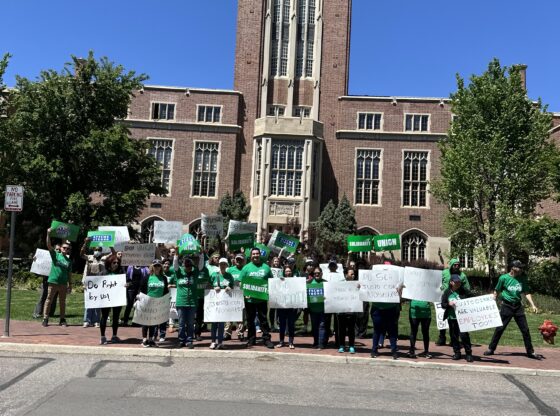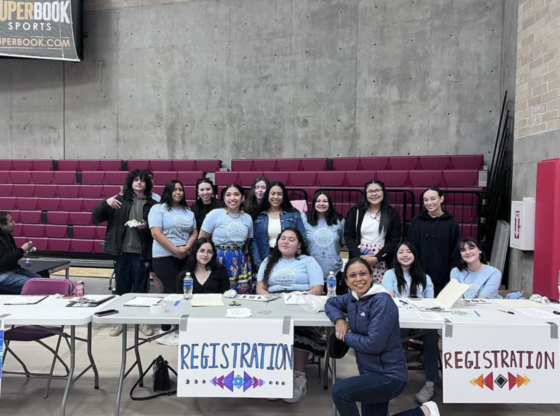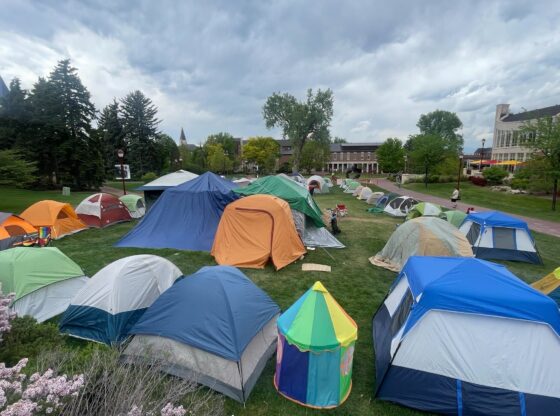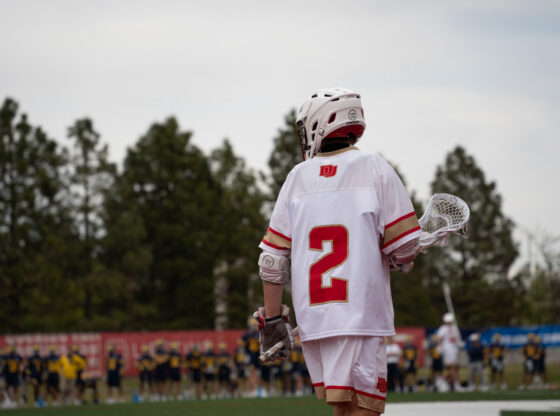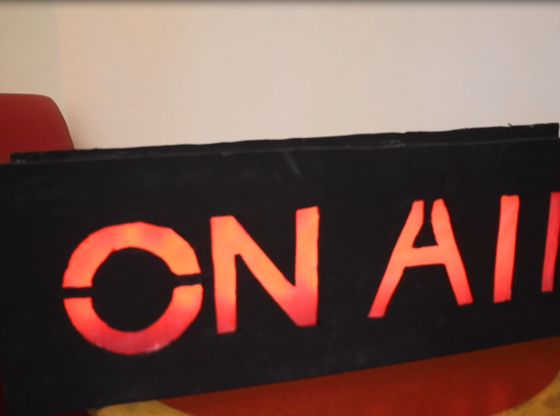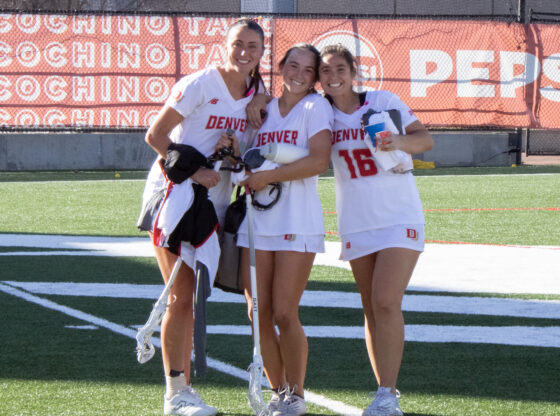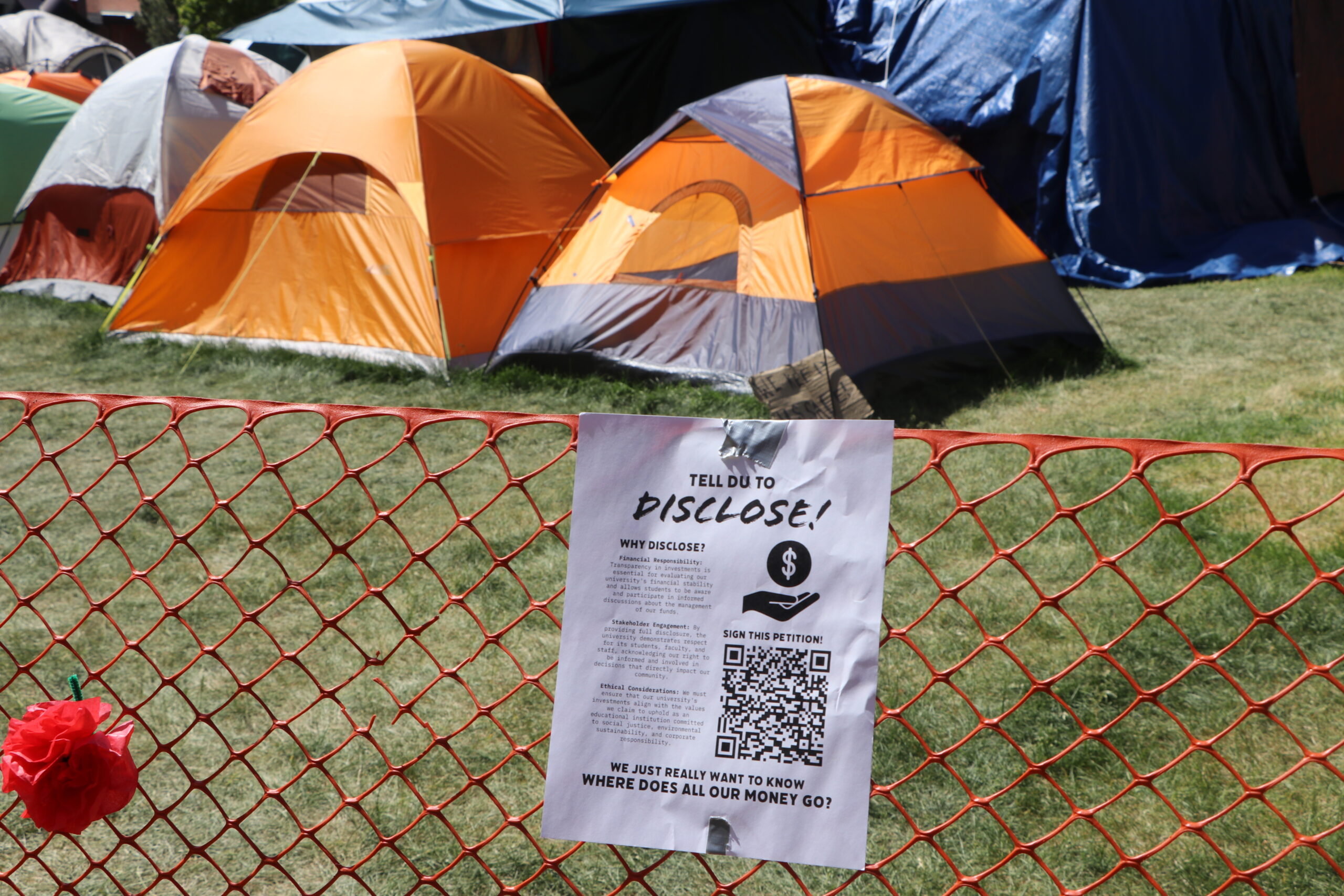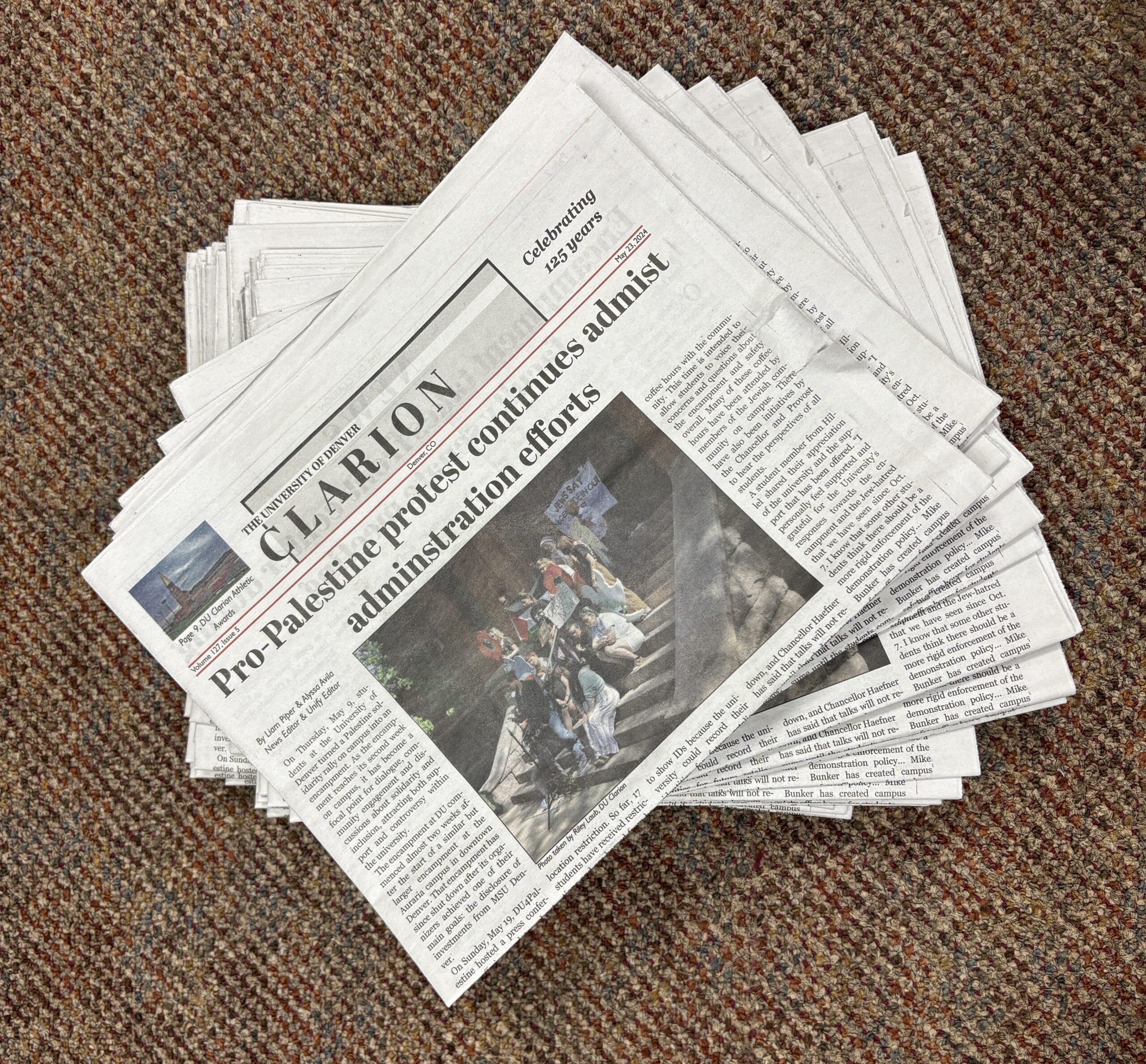The Ruckus Network, a national music service that offered free music to students on 80 college campuses including the University of Denver, shut down without explanation last week.
The service was established in order to curb online music piracy on college campuses. It offered student subscribers over three million songs available for download to their Window’s PC.
According to Ken Stafford, DU’s vice chancellor of Technology, TotalMusic LLC, the owner of the Ruckus Network, did not notify the university that the service would be shut down.
“We were not informed by Ruckus that they would be closing.B It was a complete surprise to us,” Stafford said.
Stafford also said that there had been rumors that Ruckus was not bringing in enough revenue through advertising to continue operations.
“I only hope that someone else figures out how to crack this music-on-the-web nut in a way that is a win for everyone in the value chain,” said Jason Herskowitz, vice president of product management for TotalMusic, in his blog.
The service had encountered problems on the consumer side as well according to Wired Magazine, which reported that Ruckus was, “roundly rejected” by American college students because it was difficult to use and was not compatible with the Macintosh computer system.
DU student expressed frustrations with the limitations of the service.
“I never really got into using it because it was so restrictive,” sophomore Jeremy Goldstein said. “Files could only be played with the Ruckus player, and once I’m not a student anymore I won’t be able to access my music at all.”
According to Stafford, the university will begin looking for a replacement service to allow students to download music to their personal computers for free. Wired Magazine speculated that Choruss, a Warner Music backed service will be the next big trend.
“We will look for an alternative system to provide legally downloadable music,” Stafford said.
Goldstein, however, doubts that any university download service will ever catch on with students.
“I think students know how to get [music] better than DU could ever provide it,” Goldstein said. “It’s not worth [the university’s] time to go set up a deal with a service like this.”


